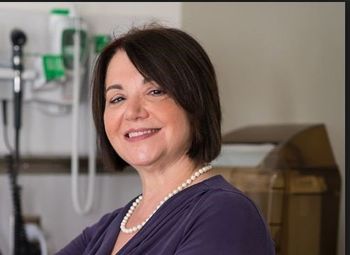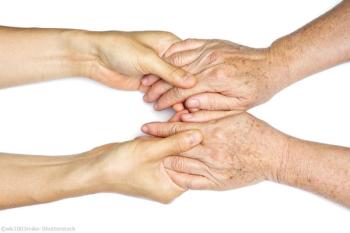
No Greater Psychosocial Problems Observed in Teenage Children of Cancer Patients
The results of a recent study indicated that teenagers with parents who have invasive cancer displayed no greater prevalence of psychosocial problems than did their peers with cancer-free parents.
The results of a recent study indicated that teenagers with parents who have invasive cancer displayed no greater prevalence of psychosocial problems than did their peers with cancer-free parents.
The researchers, led by Elisabeth Jeppesen, MPH, of the department of oncology at Oslo University Hospital, Norway, hypothesized that teens with parents with cancer would have a greater prevalence of psychosocial problems. Their theory was based on trauma theory, or the idea that children would suffer from post-traumatic stress symptoms after a cancer diagnosis in their parents; however, in their discussion of the results, the researchers said that the findings support resilience theory instead.
“Resilience is defined as ‘the capacity of a dynamic system to withstand or recover from significant challenges that threaten its stability, viability, or development,’” the researchers
The researchers collected information from a population-based survey of teenagers in Norway. The study included 120 teenagers who had parents with invasive cancer. These teens were compared with 429 teenagers with cancer-free parents.
The mean age of parents at diagnosis was 45 years for mothers and 49 years for fathers, with the most prevalent diagnoses being melanoma, breast cancer, testicular cancer, thyroid cancer, gynecologic cancers, or leukemia. Fourteen percent of mothers in the cancer population were single mothers and 10% were single fathers. In the cancer-free population 15% of mothers and 10% of the fathers were single parents.
No significant differences in any of the six psychosocial areas examined-somatic stress symptoms, low self-esteem, anxiety/depression, school problems, eating problems, and high problem cases-were found among the two groups of teenagers. The researchers did find that more sons and fewer daughters of parents with cancer reported eating problems compared with control teenagers.
In addition, no significant difference in prevalence of psychosocial problems was found when the researchers looked at problems according to the time since cancer diagnosis occurred.
“Most teenagers affected by parental cancer displayed psychosocial problems similar in magnitude to those of their peers not affected by parental illness,” the researchers wrote. “Our findings indicate that psychosocial problems among teenagers affected by parental cancer are best assessed broadly, including general risk factors.”
Newsletter
Stay up to date on recent advances in the multidisciplinary approach to cancer.




































